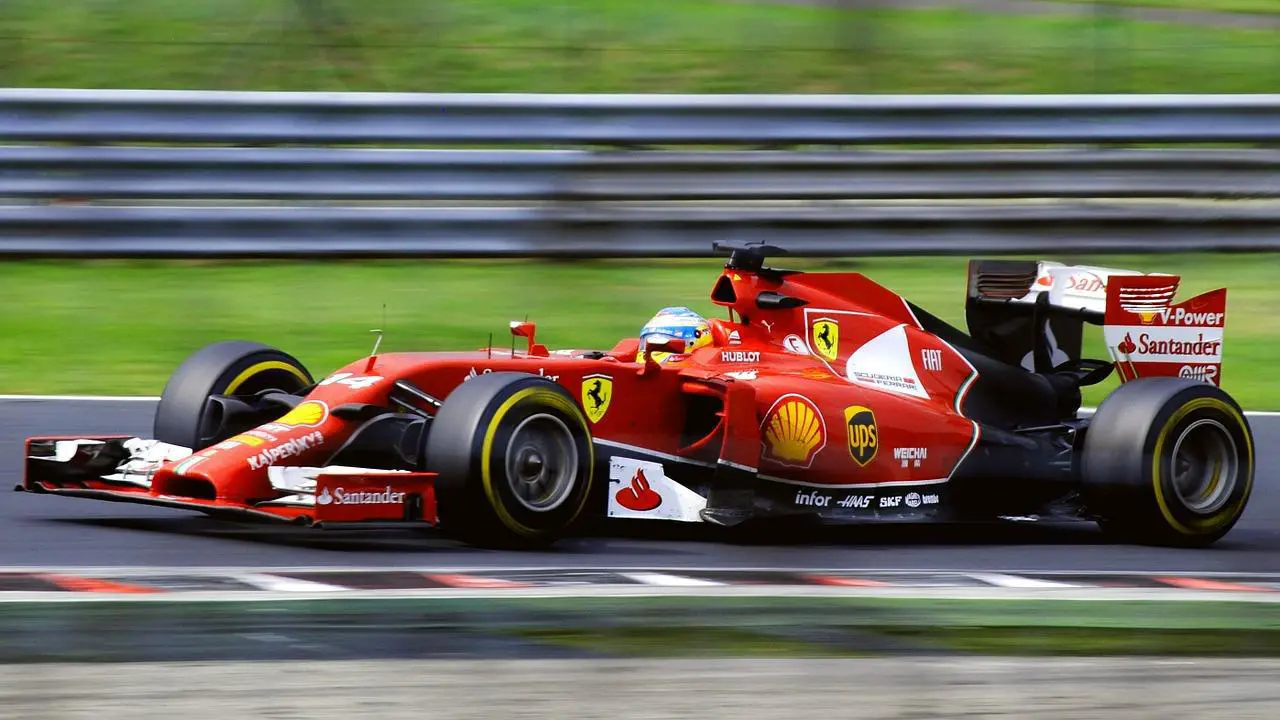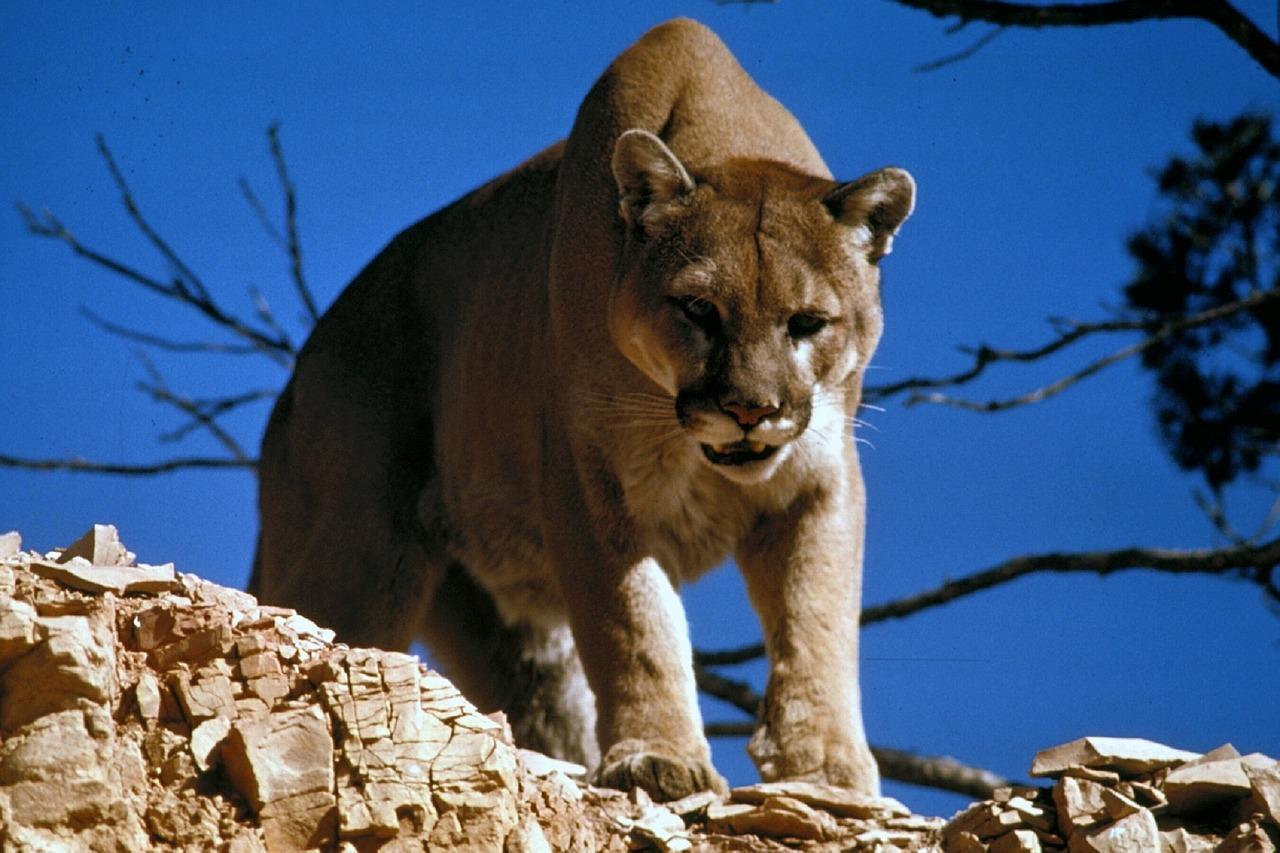This is a Guest Post by Alex @MacroOps which was posted originally at: Why Our Evolutionary Biology Works Against Us In Markets and is reposted here with permission.
“I think investment psychology is by far the most important element, followed by risk control, with the least important consideration being the question of where you buy and sell.”
~Tom Basso, Market Wizard
A strong psychological foundation is the key to successful investing. The human mind is a powerful, complex tool that quickly turns into a double-edged sword to those untrained in its control.
It’s like driving a Formula-1 race car. A skilled driver can push his racer to its limits, extracting every last bit of performance. A novice driver on the other hand is better off in a mini-van. Put him behind the wheel of an F-1 and he’ll end up crashing straight into a wall.
Psychology, or emotional strength, is the basis on which high-performance skills are built. It doesn’t matter whether it’s top performing traders, all-star athletes, or extreme back-country skiers. When it comes to risky, high-pressure situations, the mind either snaps into a flow state or crashes and burns.
Decision quality in these high-stress situations requires a person to be emotionally sound. And the only way to develop this emotional toughness is through consistent self-reflection. The goal is to intimately understand both your strengths and weaknesses.
It’s been said that investing is the best way for a person to truly understand himself. The markets will quickly unveil every character flaw, insecurity, and weakness that lies inside. This is the nature of the market and it’s why emotions tend to run wild within it. Fear, greed, hope, self-doubt…..it takes psychological preparation to manage this barrage. The failure to do so leads to disaster.
To deal with these emotions, it helps to understand how the mind originally developed. Humans evolved over millions of years, spending a majority of their time roaming the planet as tribal hunters and gatherers. The advent of cities with large populations is relatively new considering that the Agricultural Revolution was only 10,000 years ago — a small tick of time in the grand scheme of human existence.
The fact that our brains were primarily developed within the harsh tribal lifestyle has many implications on our psychological makeup. It also explains why our pre-wired instincts naturally make us horrible traders.
So then what’s the deal with emotions? Are they an inherent weakness to humans?
Nope!
In fact, emotions are very useful in certain situations.
Think back to the plains life:
A tribal man is walking back from a hunt when he’s suddenly confronted by a mountain lion. As the lion comes into view, his brain’s amygdala triggers a fight-or-flight response. The man is instantly hit with various emotions like fear, aggression, anxiety, etc. At the same time, physiological changes take place in his body. Hormones like adrenaline, testosterone, and cortisol are let loose to prep the man to either fight or run.
The man’s emotional/physiological response not only makes him stronger and more capable to survive this encounter, but it also enables him to make a decision in the blink of an eye. There’s no time to sit and ponder the best course of action in a life-or-death situation. Speed is key and emotions are instrumental in fueling rapid decision making.
Okay, so emotions are great when it comes to dealing with mountain lions… but what about in present day market situations?
Consider this:
A man’s entire life savings is invested in SPY. All of a sudden, the market plummets 5%. And then another 6% the next day. The man is faced with both extreme volatility and huge losses. His family’s financial security is on the line. If he loses his savings, he can’t send little Timmy off to college. And if Timmy doesn’t go to college, he’ll definitely end up flipping burgers for the next 30 years at the fast food joint down the street. It’s a life-or-death situation. A decision needs to be made quickly. *Queue the mountain lion emotional/psychological response.*
Rampant emotions are no good here. Rapid, haphazard decision making doesn’t help either. The man’s love for Timmy will only lead him to make irrational choices that’ll destroy his savings in the long run.
In scenarios like this, the fight-or-flight response works against you. This is where cool-headed, rational decisions prevail. A trader needs to transfer his decision making from his emotional amygdala to his rational prefrontal cortex. Doing so will help him overcome his immediate emotional and physiological responses in order to make a more sound decision for his savings.
In addition to controlling these emotions, we also have to contend with our strong evolutionary desire to “fit in”.
Think back to our plains-roaming ancestors again. They used to move in small packs that would provide each other with protection and support. All basic needs like food and shelter were met through the group.
This reality made it vital that an individual be accepted by his group. If he wasn’t well-liked, he’d be ostracized and forced to leave, which was the equivalent of a death sentence in those days. A tribeless person would have a difficult time surviving alone and exposed in the wild.
The conformists of the group were the ones who survived the longest. They were also the ones who reproduced the most, passing on their genetic code. The “fitting in” mentality became a dominant survival trait that grew stronger as it passed from generation to generation over millions of years. This is the reason we’re all born with the natural need to be accepted by others. Doing something that goes against the tide, especially something that could cause us to be rejected from our group, goes completely against our nature.
This mentality may have made sense in the past, but it doesn’t make sense today… especially in markets.
Does it pay to always go with the crowd or does it pay to think for yourself?
The answer is obvious — it pays to think for yourself.
And many times independent thinking will lead you to do the exact opposite of the crowd.
As Warren Buffet once said regarding Berkshire Hathaway’s success —
“We simply attempt to be fearful when others are greedy and to be greedy only when others are fearful.”
Take March 2009 for example. Fear was running rampant and no one wanted to invest post-crisis. But this was the time when valuations were ripe for the picking. The market was getting ready to turn around.
Going against the crowd and investing big during this period — being greedy when others were fearful — would have made you a fortune.
This is why it’s so important to avoid falling victim to groupthink. An investor needs to make his own decisions based on his own convictions.
But of course this isn’t easy.
Thinking for yourself means violating your biological need to be accepted by others. It automatically feels unsafe and uncomfortable. But the ability to manage this negative emotional reaction that comes with independent thinking is the key to long-term success.
For more posts and information about Alex @MacroOps you can check out his website Macro-Ops.com.

